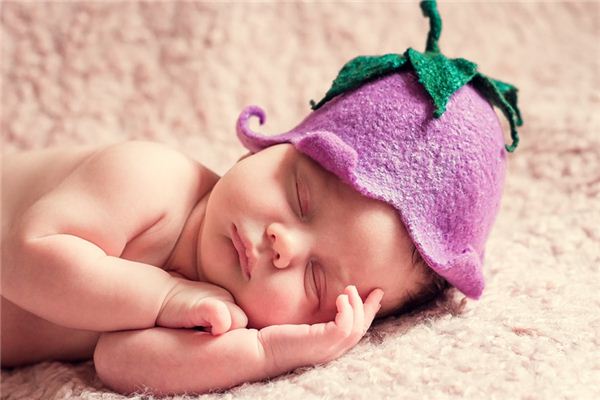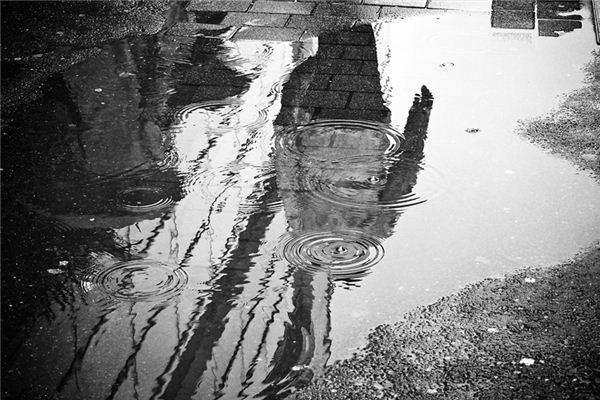Dreams have long been regarded as mysterious messages from the subconscious or even the spiritual realm. In China, one of the most ancient and influential systems of dream interpretation is Zhou Gong’s Dream Interpretation (周公解梦, Zhōu Gōng Jiě Mèng), a tradition dating back over 3,000 years. Rooted in Chinese philosophy, folklore, and divination, this practice offers a fascinating glimpse into how ancient Chinese culture understood the hidden meanings of dreams.
The Legend of Zhou Gong
Zhou Gong, or the Duke of Zhou, was a revered statesman and scholar from the Zhou Dynasty (1046–256 BCE). Known for his wisdom and contributions to Confucian thought, he was also believed to possess the ability to interpret dreams. According to legend, Zhou Gong compiled a dream dictionary that linked specific dream symbols to future events, guiding people in matters of health, fortune, love, and career.
How Zhou Gong’s Dream Interpretation Works
Unlike Western psychoanalytic approaches (such as Freud’s or Jung’s theories), Zhou Gong’s method is more symbolic and fate-oriented. Dreams are seen as omens or coded messages from the universe, ancestors, or deities. Some key principles include:
- Symbolism – Every object, animal, or scenario in a dream carries a specific meaning. For example:
- Dreaming of snakes may predict wealth or hidden enemies.
- Flying in the sky suggests ambition and success.
- Losing teeth could warn of family troubles or health issues.
- Yin-Yang and Five Elements Balance – Dreams reflect the balance (or imbalance) of energies in the body and life. A nightmare might indicate excessive “yin” (dark, cold energy), while a joyful dream could mean strong “yang” (warm, active energy).
- Prophecy and Warning – Some dreams are believed to foretell future events, allowing the dreamer to prepare or alter their fate through rituals or behavioral changes.
Cultural Significance
Zhou Gong’s Dream Interpretation remains deeply embedded in Chinese culture. Even today, many Chinese people consult dream dictionaries or seek advice from fortune tellers when they have vivid or recurring dreams. This tradition reflects:
- A belief in fate and destiny – Dreams are not random but meaningful signs.
- The influence of Confucianism and Daoism – Harmony between humans and the cosmos is key.
- Ancestor worship – Some dreams are seen as messages from deceased relatives.
Modern Perspectives
While modern science often views dreams as brain activity during sleep, Zhou Gong’s method continues to thrive as part of China’s spiritual heritage. Whether taken literally or metaphorically, it offers a unique way to explore anxieties, desires, and life’s uncertainties—just as it did millennia ago.
For foreigners, Zhou Gong’s Dream Interpretation is not just a superstition but a window into ancient Chinese wisdom, where dreams bridge the seen and unseen worlds. Next time you have a strange dream, you might wonder: What would Zhou Gong say?
Would you dare to explore your dreams through this mystical lens? 🌀





